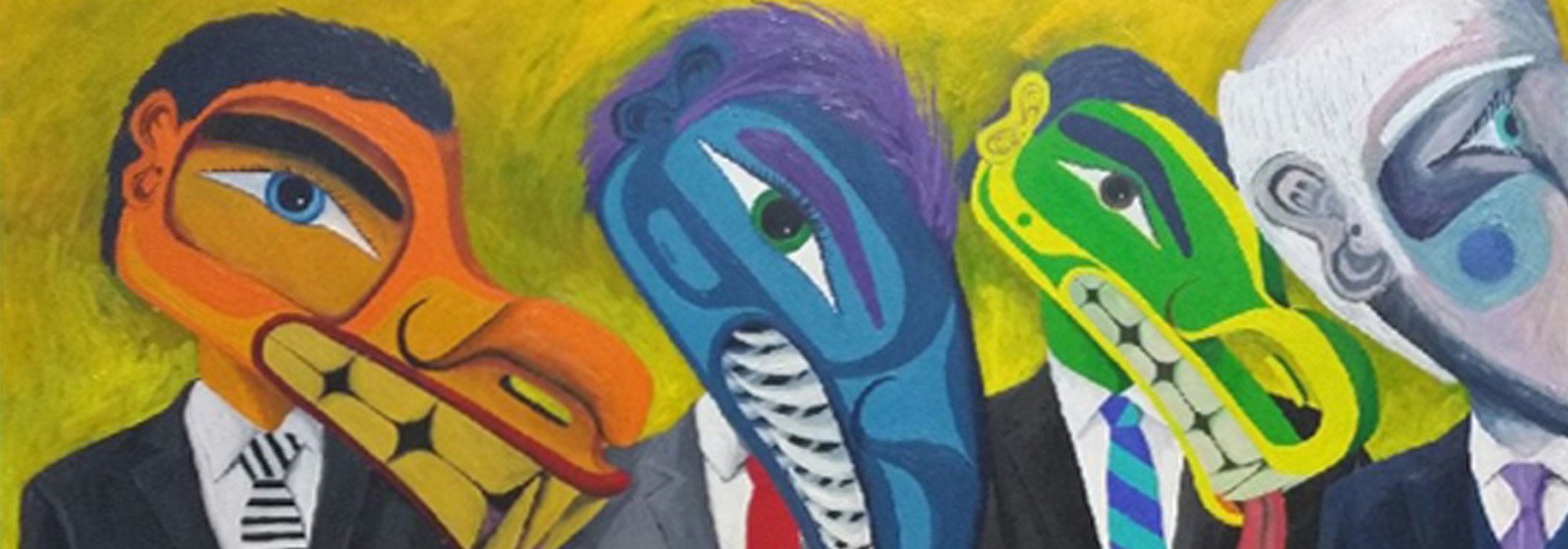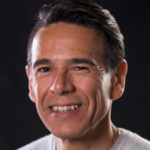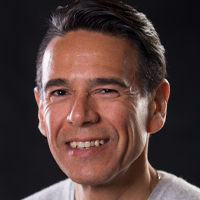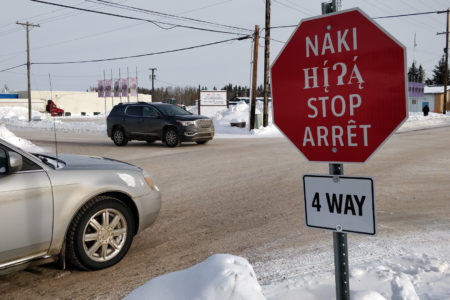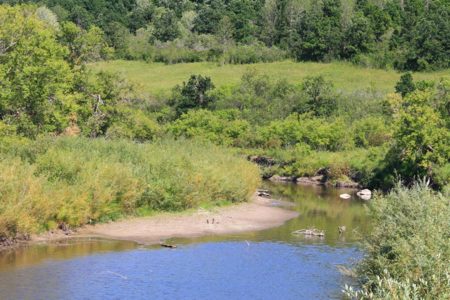
Envisioning a just future beyond the Indian Act starts with recognizing that the root of the problem we are facing is not one of laws or policies, of funding disparities or even of governmental capacities at any level. The root of the problem besetting Indigenous communities is the colonial mentality that has gained a grip on people’s minds. This mentality frames, animates, shapes and constrains all thinking in Canadian political circles on the problems and solutions of the relationship between Indigenous peoples and the state, and on the multiple crises being endured by Indigenous women, children and men.
In my 30 years of experience working in First Nations band councils, community organizations, friendship centres and educational institutions, I have found that there are very few non-Indigenous people who understand the nature of the problem we are facing. People get involved in politics and they want to help Indigenous people, they want to do good for the country as a whole, they want to have a positive impact on people’s lives, especially in this era of reconciliation, when there is an emergent societal commitment to justice in regard to Indigenous peoples. Many people have devoted much energy and billions of dollars have been spent trying to fix the problems we face and yet things are getting worse, not better, in the lives of the vast majority of First Nations people. This is because we are working on the wrong problem, one that has been defined in a way that prevents its solution.
We are still living in a relationship framed in colonial terms; the language we use today has changed over the years, but the perspective is still straight out of the seventeenth century.
The problem is not the Indian Act; the Act and the apparatus that supports it are manifestations of a mentality that sees “Indian” people as an issue to be confronted and to be solved. We are still living in a relationship framed in colonial terms; the language we use today has changed over the years, but the perspective is still straight out of the seventeenth century. Newcomer people in this land, their governments and the powerful interests that have dominion in this society still see a need for the Original People to be in a certain place (out of the way of development), to be defined in a certain way (aspiring to be just like the rest of us), and to be prevented from doing certain things (living the ways of their ancestors). The Indian Act simply puts this mentality into effect.
We all grew up in a situation where education, knowledge, attitudes and ideas have been shaped by the very process of keeping Indigenous people off their land and keeping them from understanding themselves — a situation in which Indigenous peoples were defined and treated as problems. Rather than seeing them as human beings who have existed for many millennia on this continent, as people who have been in a struggle for survival for many generations, Canadians instead cast Indigenous peoples as a multifaceted problem.
It may be difficult for non-Indigenous people to accept that Canada exists as a result of the illegal dispossession of Indigenous people. Canadians’ prosperity is derived from the fraudulent taking of Indigenous nations’ lands and the marginalization of Indigenous peoples in their own homelands. The mentalities and self-images of Canadians support these hard truths: the forced acculturation and imposed redefinition of Indigenous people away from their true selves to serve the needs of the mainstream society; the economic exploitation of their lands; the denial of First Nations’ inherent right to govern themselves; the creation of dependency that has generated psychological and social problems arising from alienation or active oppression. This is Canada.
Canada is the problem. There is no Indian problem. Indians are not the problem. Nor is the Indian Act per se. If we want to solve the so-called Indian Problem, what we need to do is fix Canada, and the relationship it has to its Original People and the land. This may seem like an abstract statement, or rhetoric, and perhaps it is. But put simply, the colonial mentality that has a grip on Canadian hearts and minds is what makes it virtually impossible for an Indigenous child to live a healthy, happy, rooted life unless she is the beneficiary of a heroic struggle by family and community to insulate her from the real-life effects of Canadian attitudes toward her.
Before we can get rid of the Indian Act we need to get rid of the smug complacency that blinds Canadians to the truth of their history and position as colonizers in this land.
Understanding things this way, how do we decolonize? I believe that it is fundamentally a question of reconceptualizing what it means to be a Canadian and a settler. I use that term with intention here; meaning the sense of accountability and the responsibilities you embrace when you define yourself not as just citizen of but also as a Settler in, Canada. Before we can get rid of the Indian Act we need to get rid of the smug complacency that blinds Canadians to the truth of their history and position as colonizers. How do you think about that? What are the implications for you and your relationship to your friends, your property, and so forth? Then, what is it to be an ally, and how do I become one? Canadians need to ask themselves what is it to be someone who is committed to allyship in a movement of Indigenous resurgence as opposed to resting within the mainstream mentality of Canadians defending Canadian principles. It seems like a subtle shift, but it’s profound, because it moves you as a non-Indigenous person from being a colonial agent to being someone fighting for justice.
In the Haudenosaunee way of thinking, in the teachings of our ancestors, we were instructed to put our good minds together and make our decisions respecting the rights and interests of the people who will have to live with our choices seven generations into the future. The practical contemporary corollary of this principle, in my mind, is to consider how the work we are doing and the political choices we are making impact our children and grandchildren and the next generation to come. Under the Indian Act, are Indigenous children facing more and better opportunities to live happier, healthier, and more productive lives, speaking their language, knowing their culture, knowing their history, their stories, having the connections they need with their community, in their own homeland? The answer is obviously no. So, the Indian Act must go.
Canadians need to ask themselves some hard questions and be prepared for some serious sacrifices if we are ever going to free ourselves from the grip of the past and the racism and patriarchy that the Indian Act represents and perpetuates. The resurgence of Indigenous cultures and the re-establishment of a peaceful, just coexistence between Canada and Indigenous nations is a stated goal today. But we will never get there unless Canadians dig deeper and recognize that the mentality that supported the establishment of the Indian Act is still alive at the core of their collective self-identity. Unless the archaic colonial mentality at the core of Canada is confronted and killed off, Indigenous nationhood cannot be restored, and justice has no future in this land, because whatever comes after the Indian Act will surely and tragically replicate its arrogance, limitations, injustices and harms.
This article is part of the special feature The Indian Act: Breaking Its Stubborn Grip.
Photo: “Super Predators: The One Percent, » 2015, by Lawrence Paul Yuxweluptun. A graduate of the Emily Carr School of Art and Design, Yuxweluptun’s strategy is to document and promote change in contemporary Indigenous history in large-scale paintings, using Coast Salish cosmology, Northwest Coast formal design elements, and the Western landscape tradition.
Do you have something to say about the article you just read? Be part of the Policy Options discussion, and send in your own submission. Here is a link on how to do it. | Souhaitez-vous réagir à cet article ? Joignez-vous aux débats d’Options politiques et soumettez-nous votre texte en suivant ces directives.



